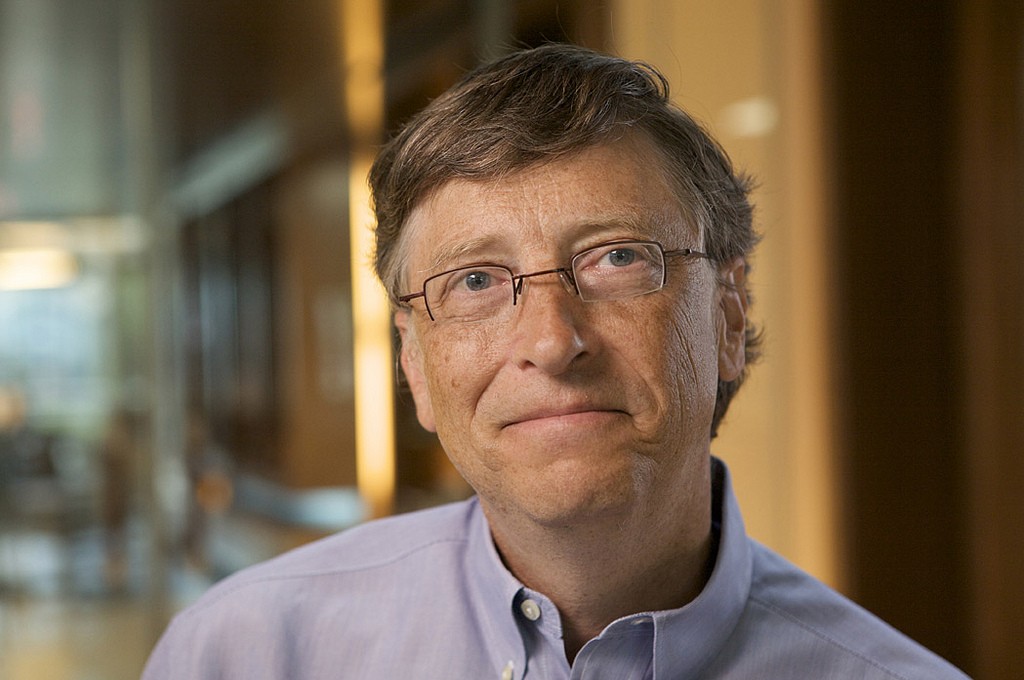Jamie Johnson at Vanity Fair Daily asks the important but socially awkward question about whether Warren Buffett and Bill Gates’s philanthropic initiative is condescending. Since America’s philanthropy Dream Team took their road show to China and India, the same thought has occurred to me, as it most certainly has to others. Johnson puts it this way:
Even with the best intentions at heart and sensitivity to respecting cultural differences, the [India] conference carries a slightly condescending message. It implies somehow that Indian billionaires require the guidance of American billionaires to act responsibly, and in the best interest of their own society.
Henry James might have had fun with Buffet and Gates abroad, twenty-first century Daisy Millers at the Roman Coliseum. But American naiveté and condescension in foreign lands is a well worn and tiresome trope.
Of perhaps greater interest is what the Dream Team’s international philanthropy road shows suggest about our own understanding of America’s philanthropic tradition. Can America’s philanthropic tradition be shrink-wrapped and exported for international use like so many Microsoft operating systems? That a group of American billionaires has of late taken the Giving Pledge is, of course, laudable. But the Giving Pledge is far from what makes America’s philanthropic tradition unique.
Wealthy societies always possess a few individuals who can of themselves accomplish great feats. America’s wealthy may well be generous by international comparisons, but they do not of themselves make America a generous nation. Indeed, the upper third of Americans give away less money as a percentage of their income as the bottom third. But even this misses the mark, because the generosity of individual Americans has little to do with how much money they give away each year.
America’s unique philanthropic tradition is grounded in a set of ideas about self-governance and individual responsibility that was born, in part, out of our nation’s distinctive historical circumstances. The necessity of individuals and communities to voluntarily bond together to do for themselves and for each other what no government, lord, or aristocrat could do, is the wellspring of American philanthropy.
“Americans,” Alexis de Tocqueville famously observed in Democracy in America, “group together to hold fêtes, found seminaries, build inns, construct churches, distribute books, dispatch missionaries to the antipodes. They establish hospitals, prisons, schools by the same method. Finally, if they wish to highlight a truth or develop an opinion by the encouragement of a great example, they form an association."
American philanthropy, in other words, is not about the money. It is about a set of beliefs and ideas that, through time, have animated the American experience and that are reflected in our habits, mores, laws, and institutions. This is not to say, of course, that America has a monopoly on generosity. That would be absurd. Obviously, wealthy Indians and Chinese can act responsibly and generously in a manner quite distinct from an American perspective. But that is precisely what makes the Buffett and Gates's international philanthropy road show seem all the more condescending.






